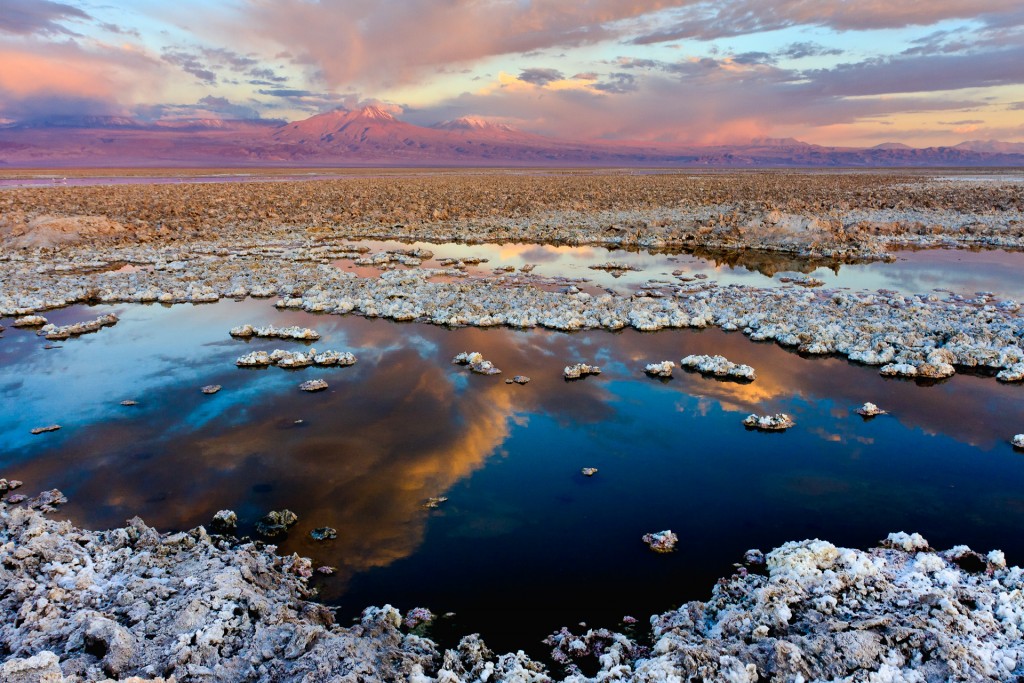
SANTIAGO (Reuters) – Chile is preparing major new restrictions on the extraction of water from the lithium-rich Salar de Atacama salt flats, home to top lithium miners Albemarle and SQM SQM_pb.SN, the head of the country’s water authority told Reuters on Thursday.
Water authority chief Oscar Cristi said in an exclusive interview that regulators had placed a ban on the issuing of new permits to extract water from the southernmost sector of the Salar’s watershed, known as C2, which is a key water supply for BHP’s Escondida copper mine, the world’s largest, and Antofagasta’s Zaldivar mine.
Cristi said the government had granted BHP and Antofagasta permits to pump six times more water from the aquifer than the resource could sustain, prompting the ban. BHP has since proposed to cut water extraction from wells in C2 by more than half, but Cristi said regulators still believed that rate to be “insufficient.”
Both fresh and saltwater are critical to the production of lithium in the Atacama and have become a sticking point as local indigenous groups, regional copper miners and newcomers all vie for water in the world’s most arid desert.
Chile’s water chief said the agency was also preparing to create a drinking water reserve nearer the core of the Salar, adjacent to the operations of SQM and Albemarle, amid a spike in demand for new water rights in the lithium-rich but water-poor region.
Lithium helps to fuel modern life. Lithium-ion batteries power everything from electric cars and laptops to mobile phones, and global demand for lithium is expected to quadruple by 2025. Chile’s Salar is home to one of the world’s biggest deposits of the metal, sometimes referred to as “white gold.”
It was not immediately clear what impact, if any, the new restrictions will have on the two miners’ operations.
Both fresh and saltwater are critical to the production of lithium in the Atacama and have become a sticking point as local indigenous groups, long-standing producers SQM and Albemarle, regional copper miners and newcomers to the region all vie for water in the world’s most arid desert.
“Once we’ve created the reserve, this water will no longer be available and that could give us the legal right to establish a restricted area,” Cristi said.
In a restricted area, only temporary, not permanent, rights to extract water are granted, and water regulators closely monitor use. Existing extraction permits would be unaffected, Cristi said.
Albemarle, the world’s top lithium producer, and competitor SQM together extract 37 percent of the world’s lithium from brine, or saltwater, that is pumped from beneath the parched surface of the Salar de Atacama.
Increasing demand for water in the Salar and a lack of understanding about how freshwater and lithium-rich saltwater interact beneath the salt flat’s surface had prompted the restrictions, Cristi said.
“In the end, saltwater is water,” he said, adding that a state study identifying the interactions between fresh and saltwater was due by year’s end.
(By Dave Sherwood and Fabian Cambero)